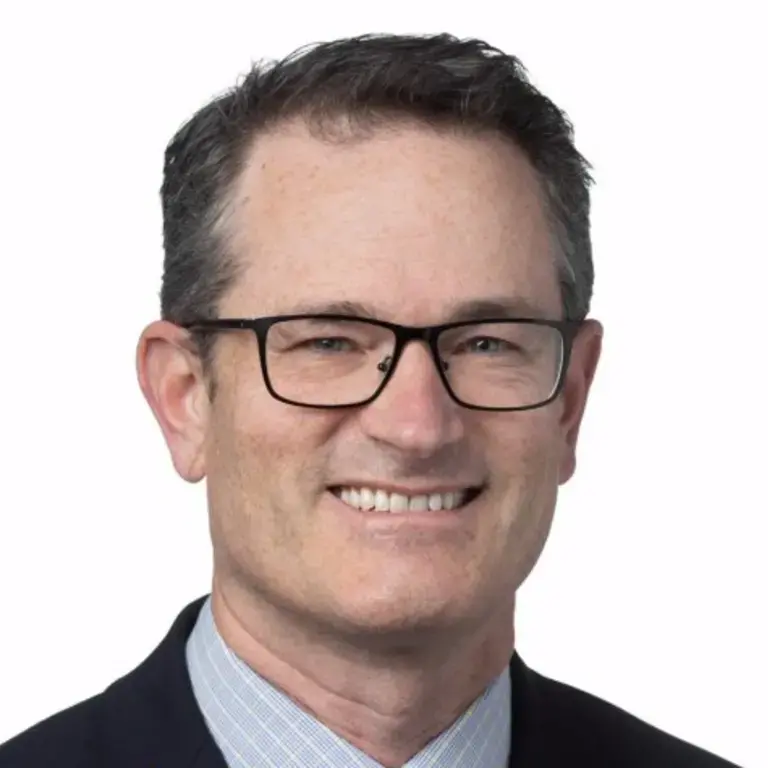Former President Trump made headlines by skipping the first Republican debate in August, but many of the candidates in Milwaukee had to work hard just to be eligible. The math behind qualifying led to some unprecedented quantitative aerobics by a handful of GOP campaigns.
To create a barrier to entry, the Republican National Committee established a minimum requirement of 40,000 individual campaign donors, and a minimum of 1% of potential voters in at least 3 national polls or 2 national polls and 2 state polls.
Instituting quantitative metrics seems fair, but it created some strange incentives. To reach the 40,000 donor threshold, candidates offered gifts in exchange for contributions. While some held raffles or gave away T-shirts, two candidates offered $20 gift cards in exchange for a $1 contribution. Leaving aside whether this runs afoul of election laws forbidding reimbursement for campaign contributions, giving away $19 to each donor doesn’t seem like a healthy way to build a robust campaign.
Things are about to get stranger as we head to the second debate, when the polling threshold rises 3% and each candidate has to have 50,000 unique donors. Senator Tim Scott has already asked that the national polling threshold be removed—because otherwise he would be left out.
Numbers and analytics are central to U.S. campaigns and political decision-making. But sometimes, arbitrary rules—especially when applied to ambitious politicians—can create odd strategies and outcomes.
About the Program
The M.S. in Political Analytics program is designed to fill an important role in the rapidly developing field of data analytics as it is applied to politics and advocacy, allowing students who are interested in new approaches to data analytics—such as machine learning—to integrate those interests with a politics or advocacy focus. Furthermore, it will provide a clearer professional trajectory by helping students acquire necessary skills and suitable employment after graduation.



